Blog
-
 15 June 2018
15 June 2018MHP Complaint Found Eligible by the World Bank’s Accountability Office, the CAO
Today, the International Finance Corporation’s (IFC) accountability office, the Compliance Advisor Ombudsman (CAO), notified community members in the central Ukraine region of Vinnytsia that their complaint about the ‘largest poultry farm in Europe’ is eligible. Three communities affected by the massive poultry operation recently filed complaints to the World Bank’s IFC and the European Bank for Reconstruction and Development (EBRD), criticizing the lack of transparency and surrounding environmental and health risks posed by the project. The CAO will now begin its assessment process, during which it will work with complainants and other stakeholders to determine how the complaint will proceed. -
 5 June 2018
5 June 2018Complaints Filed Today About Ukrainian Agribusiness Giant, MHP
Today, three communities in the central Ukraine region of Vinnytsia filed complaints to the World Bank and the European Bank for Reconstruction and Development (EBRD) criticizing the lack of transparency and surrounding environmental and health risks posed by the ‘largest poultry farm in Europe’. Together with CEE Bankwatch and Kyiv-based Ecoaction, Accountability Counsel is supporting these communities throughout the complaint process. -
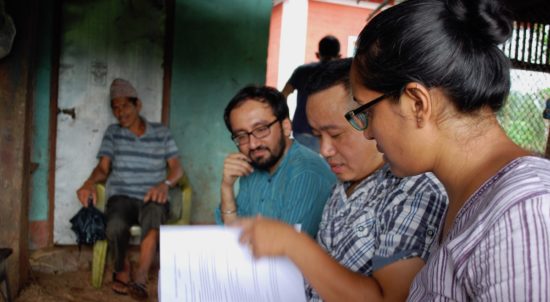 21 May 2018
21 May 2018U.S. Supreme Court to Hear World Bank Immunity Case
Today, the U.S. Supreme Court agreed to hear Jam v. IFC, which will consider whether the World Bank’s International Finance Corporation (IFC) and other similar international organizations are immune from lawsuits in U.S. courts. The blanket immunity that the U.S. Court of Appeals for the D.C. Circuit affirmed last year invites impunity for international organization conduct, even in egregious cases of human rights and environmental abuses. -
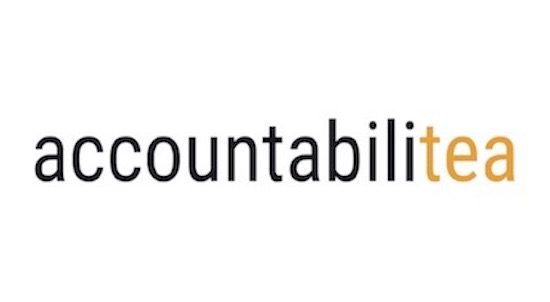 27 April 2018
27 April 2018Nine Years of Neglect: Deaths on Indian Tea Estates under the World Bank’s Watch
Today, two local groups from Assam, India sent a letter to the World Bank Group’s independent complaint office, the Compliance Advisor Ombudsman (CAO), highlighting that the Bank’s neglect over the last nine years has contributed to deaths and injuries on tea plantations in the North-East of the country. Exactly nine years ago, on April 27, 2009, the World Bank invested in Amalgamated Plantations Private Limited (APPL), one of India’s largest tea producers. APPL is majority owned by the Tata Group and has 25 tea plantations in Assam and West Bengal. -
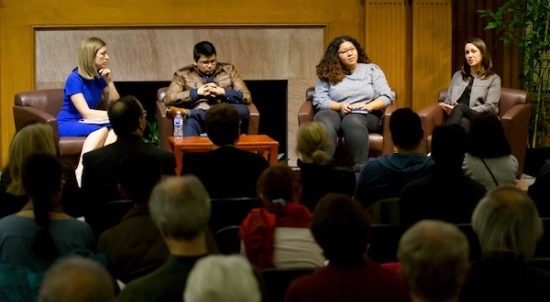 24 January 2018
24 January 2018Starting Up Successfully
Our board chair, Kathleen Kelly Janus, recently published a book titled, “Social Startup Success,” on how successful, change-minded entrepreneurs scale and sustain their ideas in order to fill market and social gaps and change the world. We have been fortunate to have Kathleen as a part of our leadership from the beginning. She’s sharing many of the insights we’ve benefitted from in her new book. -
 19 December 2017
19 December 2017Open Letter to Salvador Alejandro Menéndez García, Mayor of San Luis Talpa, El Salvador
Today, representatives of the communities of Fontibón in Bogotá, Colombia wrote an open letter to the mayor of San Luis de Talpa in El Salvador where an airport expansion project is underway. The residents of Fontibón live adjacent to the El Dorado International Airport in Bogotá, which was expanded through investment by the Inter-American Development Bank. -
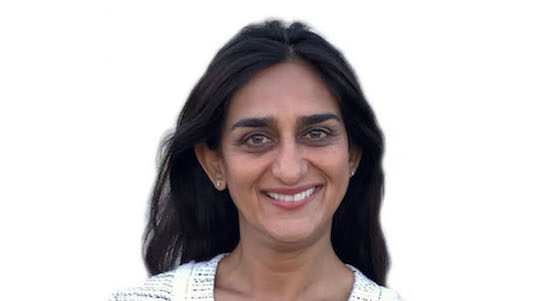 14 December 2017
14 December 2017Accountability Counsel Welcomes Silicon Valley Innovative Leader Paru Yusuf to Board of Directors
San Francisco – Accountability Counsel, a legal organization that advocates for people harmed by internationally financed projects, today announced that Paru Yusuf, a strategist and advisor on education, youth development, economic empowerment and innovative social venture models, will join the organization’s board of directors. -
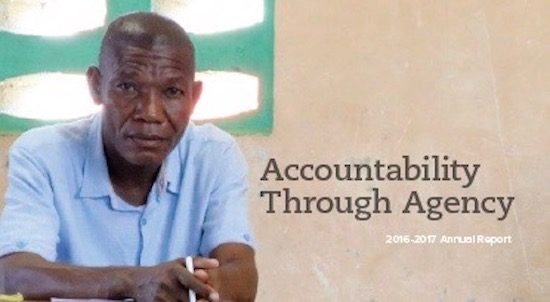 7 December 2017
7 December 2017Accountability Counsel’s Year in Review
We’re excited to share our annual report with important milestones – made possible by our incredible supporters. This year we courageously advocated for dignity and justice for our thousands of clients around the world. -
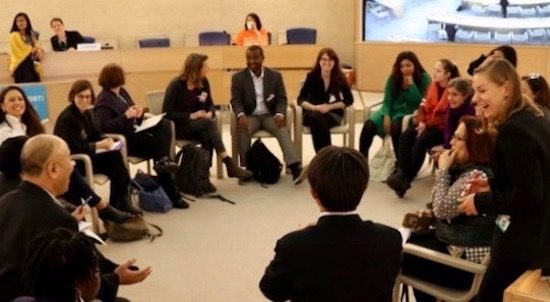 5 December 2017
5 December 2017Advocating for Corporate Accountability at the United Nations
Accountability Counsel advocated for improved accountability for corporations at the 2017 United Nations in Geneva during the annual UN Forum on Business and Human Rights in late November. In line with this year’s theme “Realizing Access to Effective Remedy,” our team participated in panels and discussions to demonstrate the obstacles communities face as they seek justice and tangible remedy for abuse they have suffered at the hands of corporations and their international financiers. -
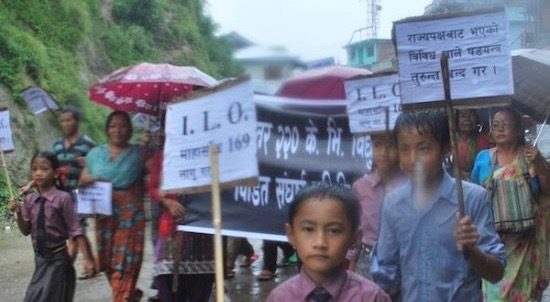 29 November 2017
29 November 2017Dismiss Intimidation, Not Civil Protests
On November 28, Greenpeace, BankTrack and other civil society organizations that supported the Standing Rock Sioux Tribe during their protest of the Dakota Access Pipeline, filed a motion to dismiss the lawsuit brought against them by pipeline builder Energy Transfer Partners. The court should dismiss this case, especially in light of recent reports that Energy Transfer hired an outside firm to build the case against the groups standing with the tribe. -
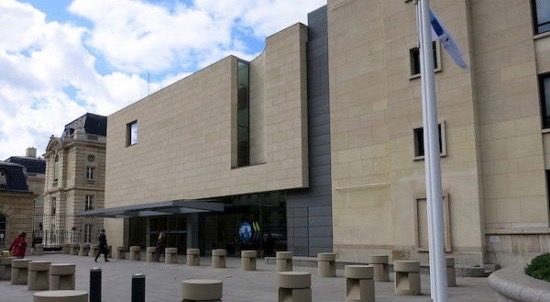 27 November 2017
27 November 2017Are National Contact Points Improving Through Peer Review?
As corporate accountability organizations, one of our most important goals is to ensure that the offices that facilitate access to remedy for those harmed by corporations continue to grow and develop. -
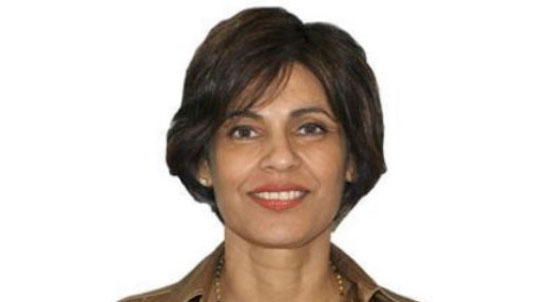 22 November 2017
22 November 2017Accountability Counsel Statement on Imrana Jalal Appointment to Inspection Panel
As advocates for people who seek justice through independent accountability mechanisms, Accountability Counsel is pleased to see the World Bank Inspection Panel has announced that Imrana Jalal will fill the opening on the panel left by Dr. Zeinab Bashir El Bakri after the completion of her term earlier this year. We welcome… -
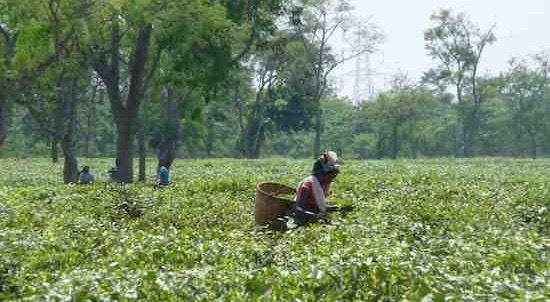 6 November 2017
6 November 2017Assam Tea Plantations: Advocates Deliver 67,000 Signatures to World Bank Group
On November 6, 2017, Accountability Counsel, together with Human Rights Watch, PAJHRA, PAD, and Nazdeek, delivered a Care2 petition with more than 67,000 signatures to the International Finance Corporation (IFC), the World Bank’s private sector arm. The petition calls on the IFC to fulfill its commitment to protect workers through its investment… -
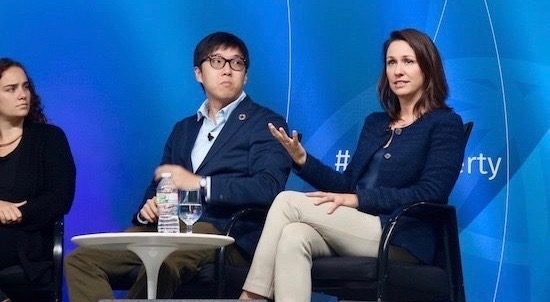 18 October 2017
18 October 2017What Partnering with Communities Teaches Us About Civic Tech: The World Bank Group’s “Barriers and Accountability” Opportunity
The bank’s strategy rightly notes that civic engagement outcomes are “highly context-specific and sensitive to governments’ and citizens’ capacity and willingness to engage, as well as to social, political, economic, environmental, cultural, geographic, and other factors, such as gender dynamics.” When it comes to civic tech, there are often multiple barriers to meaningful engagement. -
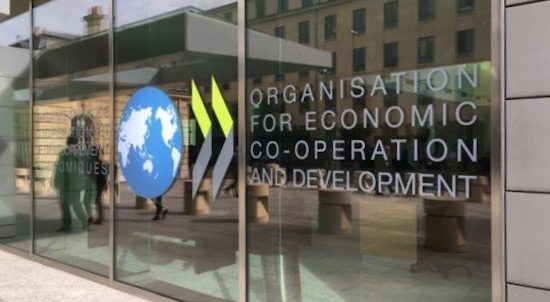 27 September 2017
27 September 2017Time to Unleash the Power of the U.S. National Contact Point
The United States National Contact Point (U.S. NCP) is meant to act as a complaint mechanism where people harmed by American companies’ activities and operations can bring grievances. Each member country adhering to the Organisation for Economic Co-operation and Development Guidelines for Multinational Enterprises (OECD Guidelines) is required to have an NCP office to further the effectiveness of the OECD Guidelines. As part of fulfilling this duty, the U.S. NCP handles complaints about alleged breaches of the OECD Guidelines and provides a platform for mediation of disputes. -
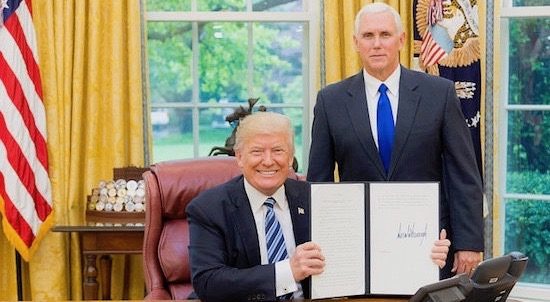 15 September 2017
15 September 2017NGOs Call for Strengthening Executive Branch Oversight, Public Participation in Foreign Assistance through Agency Reform Process
It is essential that any reorganization or reform of the executive branch strengthens these oversight functions and affirms the longstanding U.S. commitment to the principles of transparency, accountability, and development effectiveness. -
 30 August 2017
30 August 2017Accountability: A Public Good Worth the Investment
Development finance institutions (DFIs)—from multilateral development banks to national agencies—are soul searching. These institutions understand that the Sustainable Development Goals cannot be achieved with public funds alone. Increasingly, private finance is driving infrastructure development, financial inclusion of the poor, public health innovation, and more. In response, DFIs’ leaders speak of mobilizing capital and leveraging their institutions’ expertise to remain relevant. -
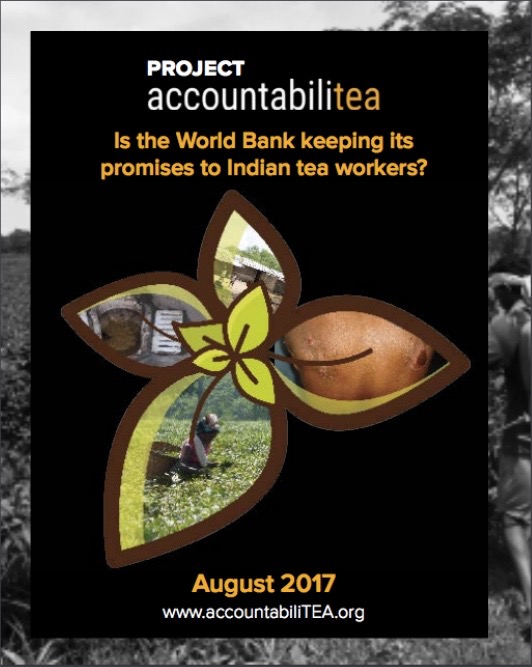 27 August 2017
27 August 2017At Plantation General Meeting CSOs Call Out World Bank for Broken Promises
Today, civil society groups supporting tea workers in the Indian state of Assam held a press conference in Kolkata, hours before the board of World Bank-financed tea plantation, Amalgamated Plantations Private Limited (APPL), was set to meet for its annual general meeting. -
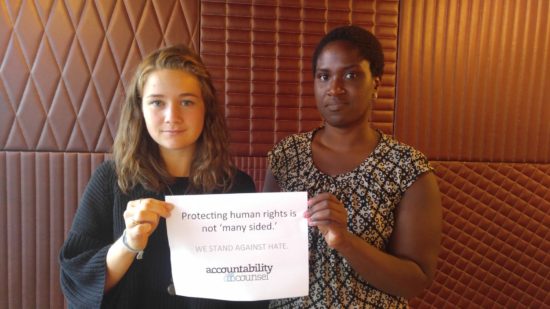 16 August 2017
16 August 2017There’s Only One Side: Stand for Human Dignity
Today in the United States defenders of human rights have to state the obvious. It is not acceptable to remain silent when the president of the United States validates white supremacists. So we speak up against hatred, bigotry, racism, and anti-Semitism. We act against hatred in our daily work as… -
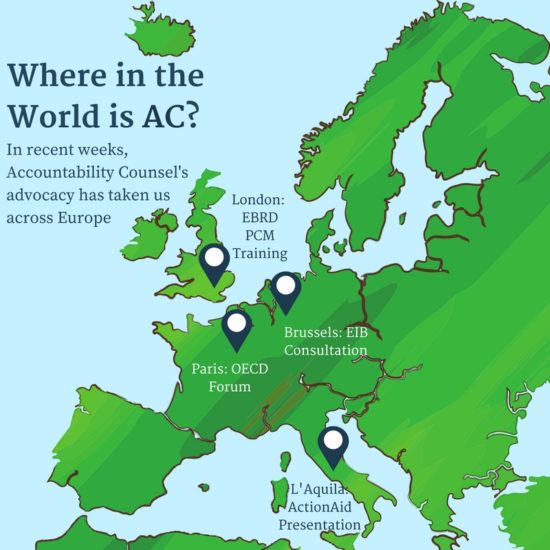 19 July 2017
19 July 2017Where in the World is Accountability Counsel?
To best advocate for people harmed by internationally financed projects, we engage with stakeholders at all stages of the development process. This ranges from on-the-ground strategy sessions with communities that are impacted by projects, to advocacy meetings with development finance institutions, and everywhere in between. We travel the globe to ensure that these institutions respect the human and environmental rights of the communities affected by their investments and that their independent accountability mechanisms facilitate meaningful solutions for these communities.

